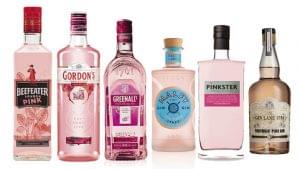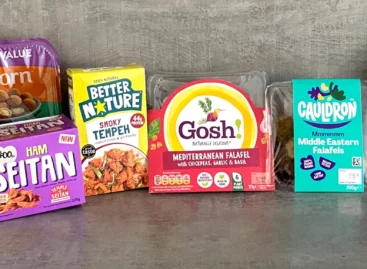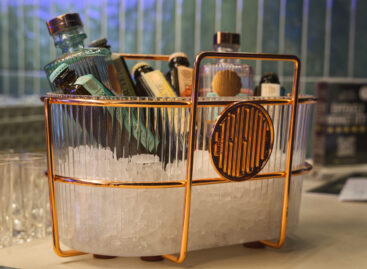Magazine: The rebirth of gin
In the last 2-3 years gin became a very trendy drink all over the world. In Hungary gin sales augmented by 40 percent in 2017-2018, and forecasts predict that in the 2018-2023 period the sales growth will be bigger than in the previous 5 years. We learned from Csaba Mosonyi, marketing director of Pernod Ricard that the category is still small in Hungary, and the expansion is likely to remain at 30-40 percent a year. However, the product selection available to consumers is growing. Pernod Ricard is the distributor of premium category market leader Beefeater products, Malfy and ultra-premium Monkey 47 gins.


Sára Palcsó
marketing director
Zwack
Sára Palcsó, marketing director of Zwack told our magazine that they make Marine dry gin, Kalumba and Madagascar gin in their Kecskemét factory, plus they distribute Gordon’s and Tanqueray products. Nielsen audits the sales of more than 30 gin brands in Hungary. It is mainly the premium and super-premium categories where sales are growing. In stores, price dominates in the sales performance of gins, while in HoReCa the brand matters too.

Boglárka Orosz
brand manager
Roust Hungary
Boglárka Orosz, category brand manager of Roust Hungary revealed that despite developing nicely, the gin category still only has a 0.8-percent share in the Hungarian alcoholic drinks market. Roust Hungary distributes 4 gin brands at the moment, super-premium Scottish brand Hendrick’s, another Scottish gin The Botanist, and Dutch products Bols Silver Top Gin and Bols Genever. Mr Mosonyi added that consumers are only loyal to gin brands in the super-premium category. Typically gin is consumed as gin and tonic, but flavoured gins have also appeared in the market.
A Hungarian approach
Many Hungarian pálinka distilleries are trying to offset the negative effects of home pálinka making by entering the gin category. There are about 40 distilleries that plan to do so, and they intend to roll out more than 100 gin brands. These will have the best chances in the HoReCa channel, as the cheap gins of discount supermarkets are difficult to compete with.
Ms Palcsó reckons that sales of flavoured, spicy gins are on the rise, e.g. Kalumba Madagascar Spiced gin. The product selection keeps growing, most bars and restaurants offer gin brands in every category, from VFM to premium products. Ms Orosz believes there is brand loyalty in the gin market, people become interested in new brands but they only stay with them if the products actually offer something new.
Garden gin
Born in gardens, so-called garden gins are spirits to be admired. From their concept and branding, through to their flavour profile and environmental ethos, they are gins to absolutely adore. //








